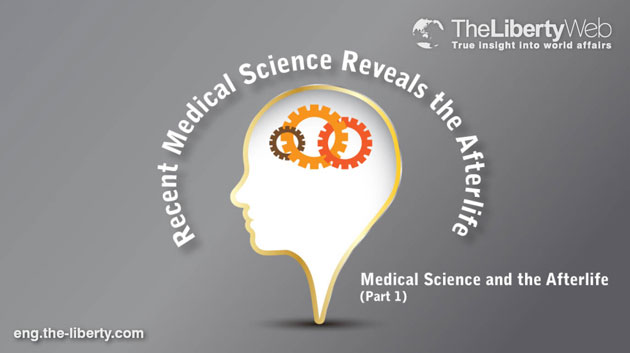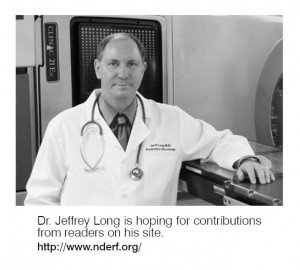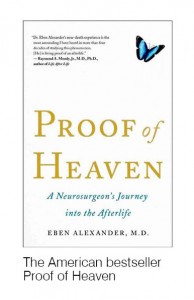Medical Science and the Afterlife (Part 1)
Recent Medical Science Reveals the Afterlife
In 2012, physicists discovered the Higgs boson, called the “the God particle”, and a movement that recognizes “God”, “the other world”, and “spirits” has also been gaining momentum in the medical sciences as well as in their approaches to patient treatments. This paper will examine the new attempts of medical care providers to prove the existence of the spiritual world as well as discuss those professionals who are working on clinical applications.
Medical Science and the Afterlife (Part 1)
The doctors popularizing the near-death experience
The bestseller Proof of Heaven came out in the U.S. in October. It ranked number 2 on Amazon’s US site as of December 3rd. The book’s subtitle is “A Neurosurgeon’s Journey into the Afterlife”.
Author Eben Alexander is a top neurosurgeon, and he has taught at institutions including Harvard University’s Medical Science Graduate Division. In his book, he tells of his amazing experience in 2008 when he journeyed into an “ultra-real” multi-dimensional world beyond this one after bacteria had affected his brain and he had fallen into a seven-day coma. There, without the existence of time, angelic beings flew about and communicated through thought, not words, and said that all beings, while individual, are connected as one by the unconditional love of the Creator of the universe.
Dr. Alexander miraculously recovered, and his materialist beliefs up until then did a complete 180. He was convinced that the spirit world he experienced was the real world. A scientist and researcher of the truth, he realized that the dissemination of this fact, which would become major medical news, was his mission, and he announced it in his book.
Moreover, being a neurosurgeon, he scientifically argued that it was not possible that his “experience” was a hallucination that originated in his brain because his cerebral neocortex shut down completely while he was in the coma. Since October, the author has contributed twice to the American magazine Newsweek.
International Conferences Dealing With Facts and Evidence for Near-Death Experiences
“The author Dr. Alexander is an incredibly sincere and honest person as well as very intelligent.”
Dr. Jeffrey Long, who appeared on television alongside Dr. Alexander in November, said the above comment in a story for the magazine. While providing medical treatment as a specialist in radiation oncology in Louisiana, he founded NDERF (the Near Death Experience Research Foundation). He also runs the world’s largest near death experience contribution site, which is available in 23 languages, and has served on the Board of Directors of IANDS (the International Association for Near Death Studies). He is the author of Evidence of the Afterlife.
There are over 3,000 contributions on near death experience, primarily from America, on the NDERF Web site. Dr. Long compared them with Dr. Alexander’s experience, and said,
“Dr. Alexander was extremely close to death. His near-death experience is inspiring, and I take my hat off for his courage in telling the world about it.”
It is globally the subject of respectable medical research and clinical “truths”, and “evidence” is argued at conferences.
Providing Hope for Patients and Their Families
Long says that being able to understand the afterlife through research on near-death experiences is “important to me as a doctor”.
“There is an afterlife and patients who have passed away are alive and kicking in that world. Moreover, many who have talked about their near-death experiences say it is much better than this world that you and I live in. Thanks to my awareness of this, as a doctor, I have had the courage to involve it in the cancer treatment I administer.”
Dr. Long’s research into near-death experiences is locally renowned, and he often talks about near-death experiences and the afterlife with patients and their families.
“Both patients and families are at peace after having that talk. They are relieved that there is an afterlife, and are able fight their illness knowing they can meet their loved ones again someday even if they die.”
Case studies on near-death experiences provide courage, peace of mind, and hope to doctors, patients, and their families. Providing that has traditionally been the job of religion, but Dr. Long believes that science and religion should be more closely linked.
“The ultimate purpose of science and religion is to investigate whether something is real or not. Information relating to the afterlife was traditionally the domain of religion, but I think that my research into the afterlife, my contributions, and my articles on near-death experiences are good examples of scientific investigations into religious beliefs.”





















